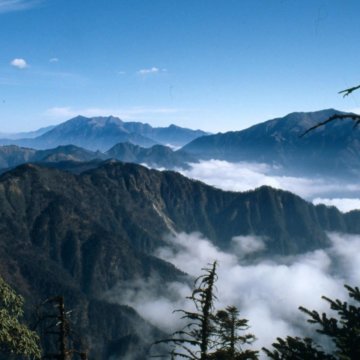- About
- Topics
- Picks
- Audio
- Story
- In-Depth
- Opinion
- News
- Donate
- Signup for our newsletterOur Editors' Best Picks.Send
Read, Debate: Engage.
Close to half of the sites around the world designated for special protection as areas of outstanding importance for nature are now being threatened by industrial development, a new WWF survey has shown.
The sites, which include Australia’s Great Barrier Reef, the Grand Canyon in the US, and China’s giant panda sanctuaries in Szechuan, are all supposed to be protected under the United Nations’ designated world heritage status. But encroachments from industries, including fossil fuel exploration and illegal logging, are threatening to destroy the valuable habitats, the conservation charity WWF said on Wednesday.
David Nussbaum, chief executive of WWF-UK, said: “Even this small fraction of our planet is not receiving the protection it deserves. These areas contribute to our economies through tourism and natural resources, providing livelihoods for millions of people, while also supporting some of the planet’s most valuable ecosystems.”
At least 114 of the 229 world heritage sites classed as being of outstanding importance for their natural habitats or their flora and fauna are now subject to fossil fuel extraction concessions, or are under close threat from other industrial activities, according to the report.
